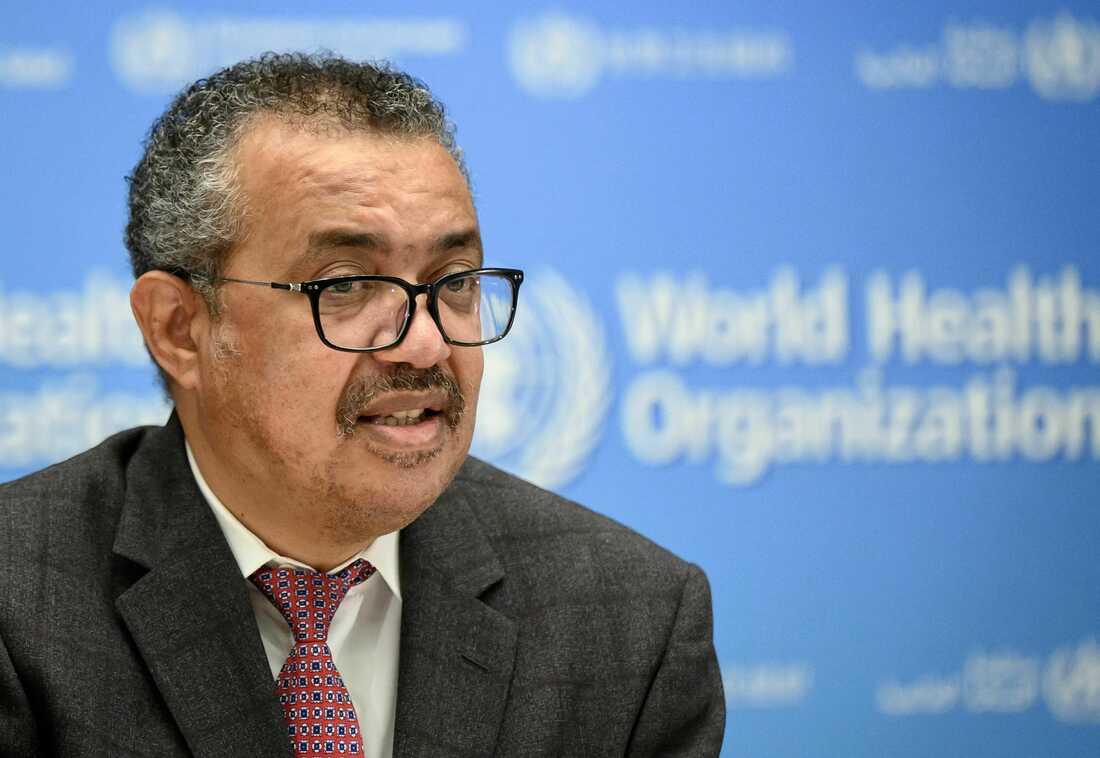The World Health Organization (WHO) has initiated an appeal for $1.5 billion to safeguard the health of the most vulnerable populations amidst 41 emergencies worldwide in the year 2024.
This appeal is directed towards emergencies that necessitate the highest level of response from the WHO, intending to reach over 87 million people. The backdrop of these emergencies is marked by the intricacies of conflicts, the impact of climate change, and economic instability. These factors collectively contribute to the persistent challenges of displacement, hunger, and inequality.
In a statement released by Dr. Tedros Adhanom Ghebreyesus, the Director-General of WHO, the funding is positioned to facilitate direct access to healthcare for communities situated in hard-to-reach areas. Dr. Tedros emphasized the critical role of healthcare services, stating, “For those facing emergencies, disruptions to essential health services often mean the difference between life and death. From mothers giving birth during conflict, to aid to young children in drought-affected regions, to those receiving cancer treatment or dialysis, healthcare saves lives. Health-care services are also critical for breaking the cycle that too often leaves communities in a perilous state and reliant on yet more emergency assistance.”
The appeal for $1.5 billion comes at a time when complex emergencies intersect, encompassing conflicts, environmental challenges, and economic uncertainties. These multifaceted crises contribute to a cycle of challenges, requiring comprehensive and immediate responses to address the needs of vulnerable populations.
The funding sought in 2024 is designed to facilitate life-saving healthcare interventions, the distribution of critical health supplies and equipment, and the continuity of essential health services to ensure uninterrupted care. The WHO emphasizes the importance of supporting direct access to healthcare in hard-to-reach areas through collaborations with local organizations. Additionally, effective responses to monitor, share information, and document outbreaks and attacks on health workers are crucial components of the proposed funding.
The comprehensive approach also includes the maintenance of existing healthcare systems and the building of resilience against future threats. The WHO’s appeal underscores the urgency of addressing not only the immediate health needs of vulnerable populations but also the broader systemic issues that perpetuate crises.
As the world grapples with a myriad of challenges, the $1.5 billion emergency fund aims to be a catalyst for positive change, offering support to communities in crisis and contributing to the overall goal of building resilience in the face of complex emergencies. The collaborative efforts fostered by this funding appeal aim to bring about tangible improvements in the health and well-being of those most affected by crises on a global scale.
Source: Arise TV



















Leave a Reply